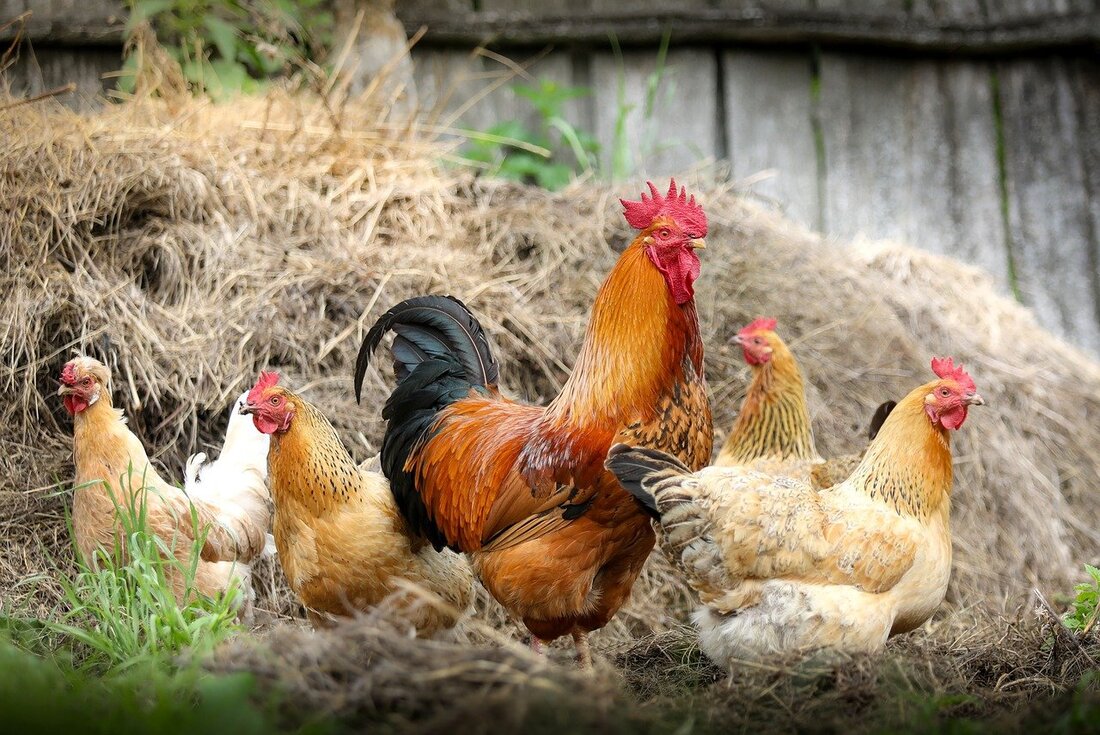- Home
- About
- Fees & Forms
- Homeopathy
-
Health Topics
- Autism
- Reducing the Risk of Autism, ADHD and other Developmental Disorders
- ADHD and Learning Disabilities
- Behavioural Concerns, Anxiety
- Speech and Language Disorders
- Sensory Processing Disorders
- Neurological Disorders
- Immunological Disorders
- Homeopathy and Medication Injuries
- Homeopathy and Vaccine Injuries
- Allergies and Asthma
- Ear Infections
- Adult Care
-
Resources
- Dispensary
- Homeopathy training - autism management and more
- E-books
- Child Development
- Diet and Nutrition
- Spiritual and Energy Healing
- EMF and radiation testing and protection
- Pre- and Perinatal Trauma
- Videos
- Controversies
- Vaccine Controversy
- Vaccine Research and Resources
- Immune System and Vaccines Video Library
- Blogs
- Contact
- Buy Homeopathic Remedies around the World
Human and Veterinary Research on Homeopathy Shows Benefits in Treating Infectious Disease12/23/2020 Originally published by Dana Ullman Effectiveness of human and veterinary homeopathy in general and treatment of infections in particularDr Petra Weiermayer, Prof Michael Frass, Dr Thomas Peinbauer and Dr Liesbeth Ellinger, two human physicians and two veterinarians, have written a narrative review of homeopathic human and veterinary research that was recently published in a respected conventional peer review journal. 1 This article, entitled “Evidence-based homeopathy and veterinary homeopathy, and its potential to help overcome the antimicrobial resistance problem – an overview,” was written and published in the spirit of the World Health Organization’s goal of “One Health.” This review of homeopathic research was published in The Swiss Archive for Veterinary Medicine, which is the oldest veterinary journal in the world (founded in 1816). It is the scientific and practice-related official publication of the Society of Swiss Veterinarians. The authors provide evidence for the effectiveness of human and veterinary homeopathy in general, and in homeopathic treatment of infections in particular. Criticism of the second Australian Report and the EASACOn the basis of scientific evidence, they criticize the approach taken in the second Australian NHMRC (National Health and Medical Research Council) Report and the EASAC (European Academies Science Advisory Council) Statement) which have ignored or mischaracterized the body of scientific evidence for homeopathy.2, 3 This review serves, among other things, as a foundation for a cooperation with universities in Austria, Germany, and Switzerland regarding research projects to evaluate the potential of homeopathy and phytotherapy for the reduction of antibiotics. In view of the demands of the European Green Deal (Farm2Fork Strategy) and the EU Organic Regulation 2018/848, the authors show how homeopathic medicine could help Europe in these goals: Homeopathic Medicine Could Help Europe In These Goals1) to reduce the use of antibiotics by 50% throughout the EU by 2030 [4] 2) to increase the number of organic farms in the EU from 8% to 25% by 2030 [4] 3) to give preference to homeopathy and phytotherapy in organic farms before conventional medicines, including antibiotics, are used [5] Integrative veterinary medicine seeks to combine conventional and complementary medical therapy procedures (“best practices”) in a proactive and innovative manner. The conclusion of the narrative review clearly discusses the legal and scientific foundations of homeopathy. Evidence level 1a studies (systematic reviews of randomized controlled trials) are reviewed regarding external evidence on the general use of human and veterinary homeopathy, and, when focusing on external evidence on the use of homeopathy in infections, some evidence level 1a, 1b (individual randomized controlled trials), 2c studies (outcomes research) are described in more detail. They conclude: “The current national laws (Switzerland, Austria, Germany) and EU legislation guarantee the quality and safety of homeopathic medicinal products as well as the safety of homeopathic therapies carried out lege artis (denotes that a certain intervention is performed in a correct way). [6 – 15] Evidence for the Effectiveness of Homeopathy in the Treatment of InfectionsEvidence for the effectiveness of human and veterinary homeopathy in general, and in particular in the treatment of infections, is sufficiently proven for further research in this field. Five of the six meta-analyses on different indications up to 2014 (see Table 2) concluded that the effectiveness of homeopathic therapy differs from placebo. [16 – 20]. Only the systematic review with meta-analysis of 2005 as well as the second Australian NHMRC Report and the EASAC Statement, where more than 90% of the studies were excluded from the analysis in each case, did not show any effectiveness of homeopathy beyond placebo [21, 2, 3]. A review in 2013 already confirmed that more than 90% of all studies must be excluded in order to conclude that homeopathy is not effective [22]. Individualized homeopathy especially demonstrates effects at all quality levels according to Cochrane criteria, even in the methodologically high-quality studies. Obviously non-scientific interests consequently led to misinformation about homeopathy [23]. In addition to studies on the proof of effectiveness of homeopathy for infections, data from health care research, so-called Real World Data, show the potential for a significant reduction in the use of antibiotics through homeopathic treatments (see Table 3). Not least because of the global threat posed by the problem of antibiotic resistance, further methodologically high-quality studies are urgently needed in human homeopathy just as in veterinary homeopathy. Implementation of studies at university facilities is a prerequisite for quality assurance, which can only be achieved by integrating complementary medicine including homeopathy at the universities. This absolutely necessary consequence and demand in the interest of the patients is already asserted by the American Consensus Guideline for university continuing education in integrative veterinary medicine and is legally anchored in Switzerland according to the Medical Professions Act for teaching and research at the university [24, 25]. The full text of the narrative review (in German, with an English, French, and Italian abstract, including the 3 tables can be read here: https://sat.gstsvs.ch/de/sat/sat-artikel/archiv/2020/102020/evidence-based-homeopathy-and-veterinary-homeopathy-and-its-potential-to-help-overcome-the-antimic.html (Click on “Download full text” at this link) References
With many thanks to Dana Ullman for his tireless work in promoting the scientific and clinical evidence for homeopathy. Questions? I offer a free 15 minute meet-and-greet appointment
0 Comments
Your comment will be posted after it is approved.
Leave a Reply. |
|
Serving Families with Integrity and Compassion Since 1991
|
Anke Zimmermann, BSc, FCAH
Classical and Modern Homeopathy Sooke, BC, Canada |
Serving families in Sooke, Metchosin, Langford, Colwood, Victoria, Greater Vancouver Island, BC, as well as internationally via zoom/telehealth.
|
Telephone778-352-0806
|
Hours:Tuesday, Wednesday and Friday from 10-6 and alternating Saturdays from 10-4
|
Disclaimer: Information on this web site is provided for informational purposes only. This information is not intended as a substitute for the advice provided by your physician or other healthcare professional. Do not use the information on this website for diagnosing or treating a health problem or disease, or prescribing medication or other treatment. Always speak with your physician or other healthcare professional before taking any medication or nutritional, herbal or homeopathic supplement, or using any treatment for a health problem. If you have or suspect that you have a medical problem, contact your health care provider promptly. Do not disregard professional medical advice or delay in seeking professional advice because of something you have read on this website. Information provided on this website and the use of any products or services purchased from our website by you does not create a practitioner-patient relationship between you and Anke Zimmermann, Information and statements regarding dietary supplements or homeopathic remedies have not been evaluated by the Food and Drug Administration and are not intended to diagnose, treat, cure, or prevent any disease. Information on this website is not intended to advise against any medical treatment, including, but not limited to, medications, surgery and vaccinations.



 RSS Feed
RSS Feed